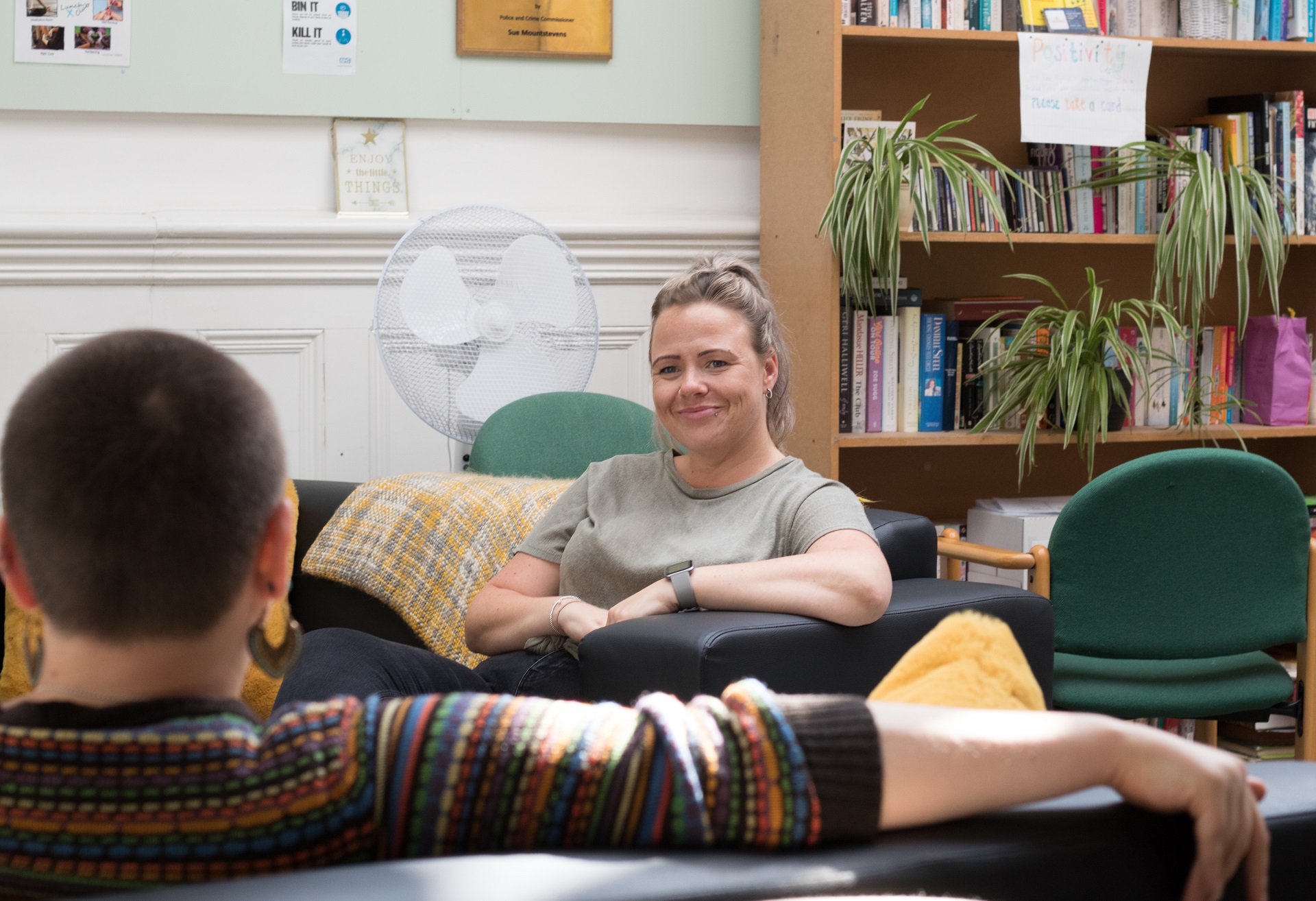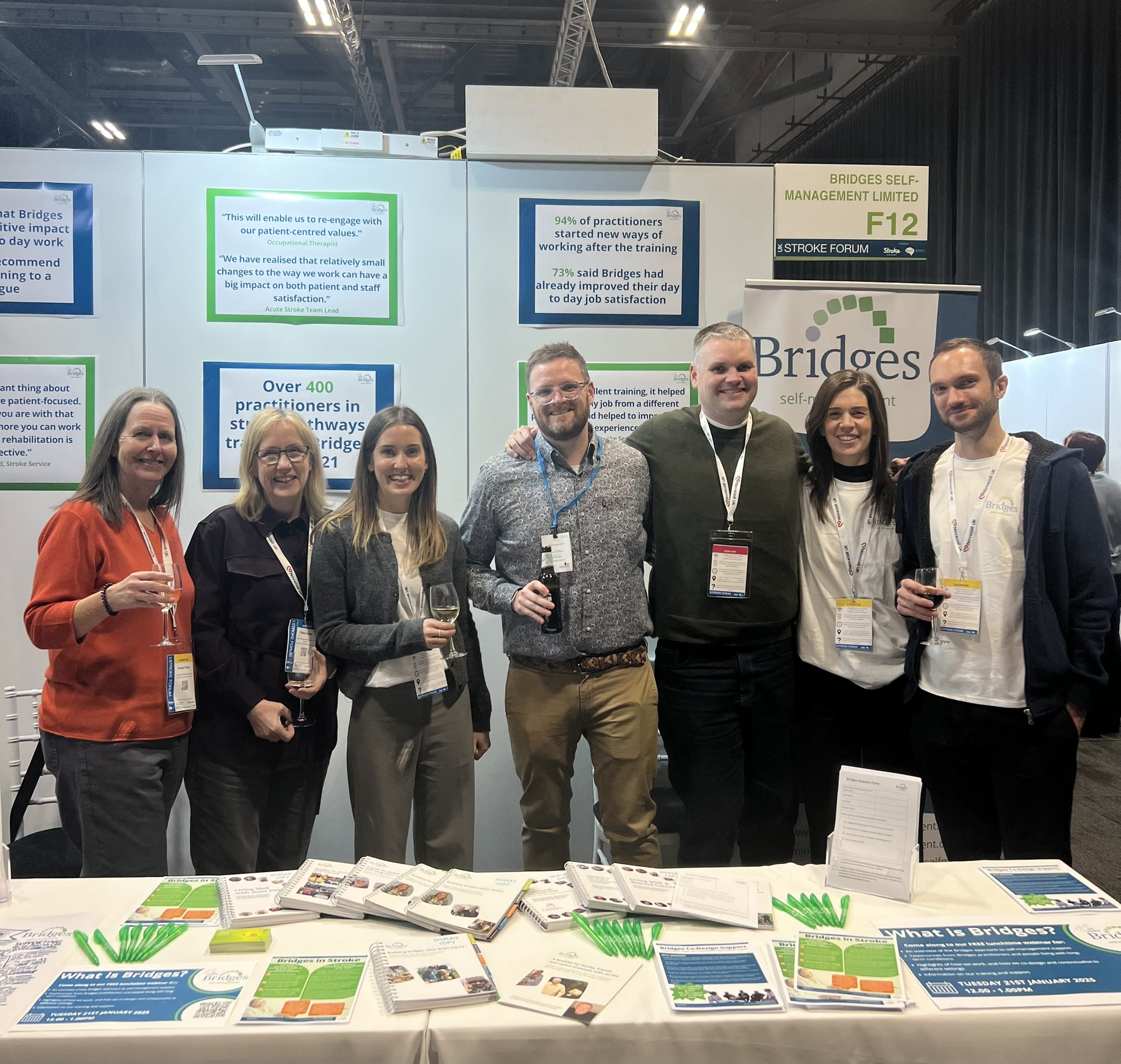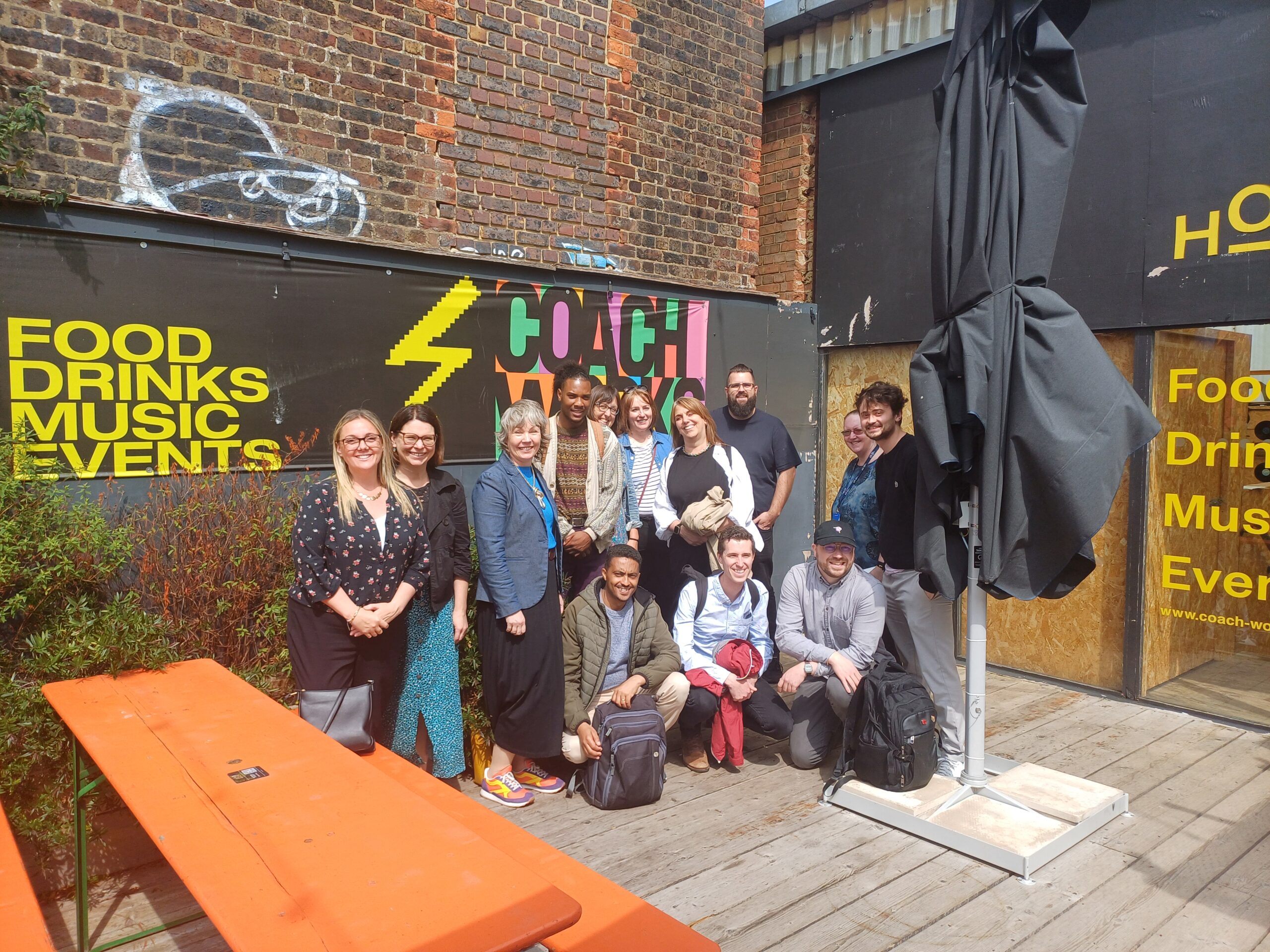Case studies for VCSEs
The Nelson Trust

The Nelson Trust is a charity set up to support people with complex needs ranging from trauma and addiction to experiences with the criminal justice system.
It has provided residential addiction rehabilitation support since 1985 – but in the mid-2000s it emerged that women in treatment centres weren’t having as good outcomes as men, leading the charity to look into their specific needs and establish a new trauma-informed gender responsive service with an all-female staff team. At the same time, a review into the female prison estate by Baroness Corston[1] found that women should be rehabilitated in the community as they tended to be serving short sentences for non-violent crimes. This enabled the Nelson Trust to win funding that led to it now running seven women’s centres across the South West and Wales.
How does the Nelson Trust work with central government departments?
On opening the first women’s centre, most of the Trust’s income was derived through grants, but in recent years the charity has moved into public sector tendering. The main central government department the Nelson Trust works with is the Ministry of Justice (MoJ) and, through them, His Majesty’s Prison and Probation Service. The charity has also received money from the Home Office.
What kind of work does the charity do with central government?
In 2022, the Nelson Trust led a partnership bid with nine other organisations to work on a prison leavers pilot for a contract created by the MoJ, based at Eastwood Park in South Gloucestershire. There were no specific delivery terms, other than improving outcomes for prison leavers so the charity could use its creativity and years of experience to create an innovative way of meeting the contract.
It saw that services to support women both in prison and on release were fragmented; for example, – women from Wales serving time at Eastwood Park receive NHS England care but aren’t entitled to some ‘through the gate’ services (such as ‘reconnect’ which supports prison leavers access health care services) that they would be if they lived in England, as justice is centrally funded but health is devolved across the Home Nations. It also noticed a lack of integration meant women often had to share trauma-inducing stories repeatedly to different organisations, and so wanted to join up the system.
As Christina Line, Chief Operating Officer at the Nelson Trust, states:
“One woman told us she’d been asked if she was pregnant nine times through her induction into the prison. We wanted to co-ordinate a package of support so that a woman has one lead keyworker, has to tell her story once, has one assessment, we all work from one case management system and we broker in the other support services as she needs them.”
The Nelson Trust led the work in partnership with other organisations including housing providers, organisations supporting women to re-unite and maintain ties with their children, a substance misuse specialist, and a domestic violence support provider. Prison officers also worked to bring women into the centre and aid systemic work within the prison for internal processes to be trauma-informed. Central to the whole project was one case management system, which all organisations could log into, preventing women having to tell their stories over and over again.
This new system was funded as a pilot programme for 15 months and is currently being externally evaluated. Initial data from the project is showing that, as a result of this intervention, the rates of women going back into prison have significantly reduced.
What were the benefits to the MoJ of delivering this contract?
Christina Line believes that a core benefit of working with the Nelson Trust is the savings that such an approach to criminal justice and the wider system brings to the public purse. It costs the government around £1,500[2] to rehabilitate a woman through the Nelson Trust, but the cost of sending someone to prison is around £46,696 a year.[3] The way the charity is set up means that “we don’t close the door on women, and our support will continue long after the MoJ have finished paying”.
The holistic help provided – from supporting people out of addiction and disadvantage to support finding work – also means that they are reducing costs in other ways, such as welfare benefits or ambulance and police call-outs.
Christina says the voluntary, community and social enterprise sector (VCSE) is markedly different from larger profit-driven service providers in its dedication to “get on with the job”, explaining that “people work because they want to make an impact”.
What top tips do you have for VCSEs looking to work with government?
Christina believes that initiatives such as the VCSE Contract Readiness Programme are “essential” to support organisations. She emphasised the importance of partnership working, especially opportunities to collaborate with larger organisations.
The Nelson Trust also looked to build strong relationships with commissioning organisations, inviting the MoJ’s female offending policy team to its sites and offering feedback on strategy announcements.
Based on a conversation with Christina Line, Chief Operating Officer at the Nelson Trust
[1] https://www.nicco.org.uk/directory-of-research/the-corston-report
[2] What the Nelson Trust are paid on their contract annually
[3] https://prisonreformtrust.org.uk/wp-content/uploads/2023/06/prison_the_facts_2023.pdf



